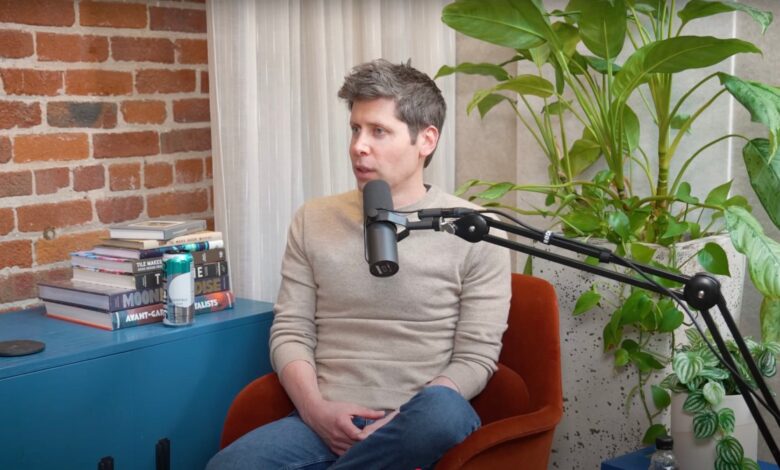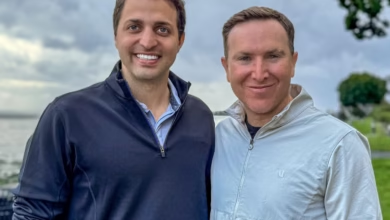Sam Altman: ChatGPT Isn’t Confidential for Therapy Use

▼ Summary
– OpenAI CEO Sam Altman warns users against relying on ChatGPT for therapy or emotional support due to the lack of legal confidentiality protections for sensitive conversations.
– Altman highlights that current AI lacks legal frameworks like doctor-patient confidentiality, risking user privacy in legal scenarios where conversations could be subpoenaed.
– OpenAI is fighting a court order to save millions of ChatGPT user chats, arguing it’s an overreach that could set a harmful precedent for data privacy.
– The absence of privacy safeguards may hinder broader adoption of AI tools, as users hesitate to share personal information without legal protections.
– Altman emphasizes the need for clear privacy standards for AI interactions, similar to those in therapy or legal consultations, to ensure user trust.
Thinking of using ChatGPT as your therapist? OpenAI CEO Sam Altman warns that these conversations lack the confidentiality protections you’d expect from human professionals. Unlike discussions with doctors or lawyers, AI interactions currently have no legal privilege shielding them from disclosure, a gap that raises serious privacy concerns for users sharing personal struggles.
During a recent podcast appearance, Altman highlighted how people, especially younger generations, increasingly turn to ChatGPT for emotional support. “Users discuss deeply private matters, relationship advice, mental health struggles, life coaching, yet there’s no equivalent to doctor-patient confidentiality,” he explained. Without established legal frameworks, companies like OpenAI could be compelled to hand over chat logs in lawsuits or investigations, exposing intimate details users assumed were private.
The issue isn’t theoretical. OpenAI is already contesting a court order demanding access to millions of ChatGPT conversations as part of its legal battle with The New York Times. The company argues such demands represent governmental overreach, but the case underscores broader tensions between AI innovation and user rights. As Altman put it, “We should extend the same privacy expectations to AI conversations as we do to therapy sessions, but nobody even considered this a year ago.”
Privacy risks aren’t limited to legal disputes. Tech firms routinely face subpoenas for user data in criminal cases, and shifting laws, like those affecting reproductive rights, have heightened scrutiny over digital footprints. After Roe v. Wade was overturned, for instance, many migrated to encrypted health apps to safeguard sensitive information. Altman acknowledged similar hesitancy among ChatGPT users, noting, “It’s reasonable to wait for clearer privacy guarantees before relying heavily on AI for personal matters.”
For now, the absence of safeguards means venturing into AI therapy comes with unseen risks. While tools like ChatGPT offer convenience, their inability to guarantee confidentiality could deter adoption until stronger protections emerge. The industry’s next challenge? Balancing cutting-edge capabilities with the trust users place in them.
(Source: TechCrunch)






